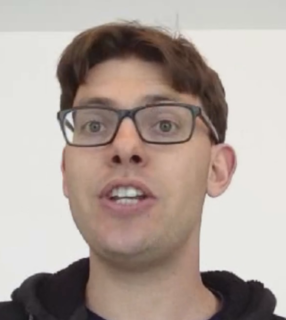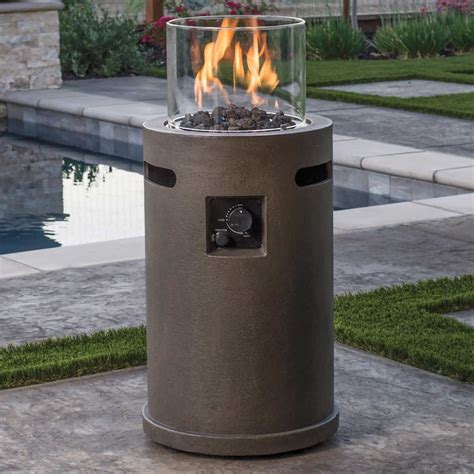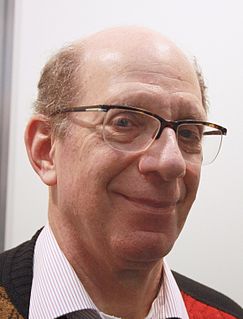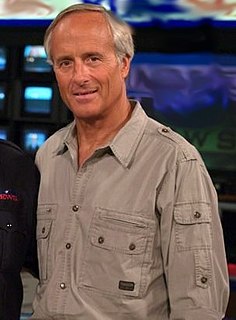A Quote by E. O. Wilson
Ants are the dominant insects of the world, and they've had a great impact on habitats almost all over the land surface of the world for more than 50-million years.
Related Quotes
Modern motor vehicles are safer and more reliable than they have ever been - yet more than 1 million people are killed in car accidents around the world each year, and more than 50 million are injured. Why? Largely because one perilous element in the mechanics of driving remains unperfected by progress: the human being.
Without birds to feed on them, the insects would multiply catastrophically. The insects, not man or other proud species, are really the only ones fitted for survival in the nuclear age. The cockroach, a venerable and hardy species, will take over the habitats of the foolish humans, and compete only with other insects or bacteria.
But there'll be plenty of room on Earth then because right now, what is it?-Only one-fifth of the Earth's surface is land, right? Whereas then there will be no more sea, it'll all be land, seas will be gone. The seas are the World's great septic tanks, its great cesspools, where all the waste of the World drains off into the sea.
Hans Rosling typically would go into the room, and he would ask the audience questions. Often they had to answer them with clickers or raising their hands or something. We get [data] wrong because 50 years ago that wasn't the case and because we haven't had these graphics we don't realize that over the last 30, 40, 50 years things have changed dramatically. And you see how the world has been getting a better, safer, more homogeneous place. It just has.
While ants exist in just the right numbers for the rest of the living world, humans have become too numerous. If we were to vanish today, the land environment would return to the fertile balance that existed before the human population explosion. Only a dozen or so species, among which are the crab louse and a mite that lives in the oil glands of our foreheads, depend on us entirely. But if ants were to disappear, tens of thousands of other plants and animal species would perish also, simplifying and weakening land ecosystems almost everywhere.
We had the great depression, we had two world wars, we had the flu epidemic. We had oil shock. We had all these terrible things happen. But something about the American system unleashed more and of a potential to human beings over that hundred years so that we had a seven for one improvement in - there's never been any - I mean, you have centuries where if you've got a 1 percent improvement, then it's something. So we've got a great system. And we've got more productive capacity now than we ever have.
Consider this: all the ants on the planet, taken together, have a biomass greater than that of humans. Ants have been incredibly industrious for millions of years. Yet their productiveness nourishes plants, animals, and soil. Human industry has been in full swing for little over a century, yet it has brought about a decline in almost every ecosystem on the planet. Nature doesn't have a design problem. People do.
I think jobs can have a big impact. I think if we continue to create jobs - over a million, substantially more than a million. And you see just the other day, the car companies coming in with Foxconn. I think if we continue to create jobs at levels that I'm creating jobs, I think that's going to have a tremendous impact - positive impact on race relations.



































